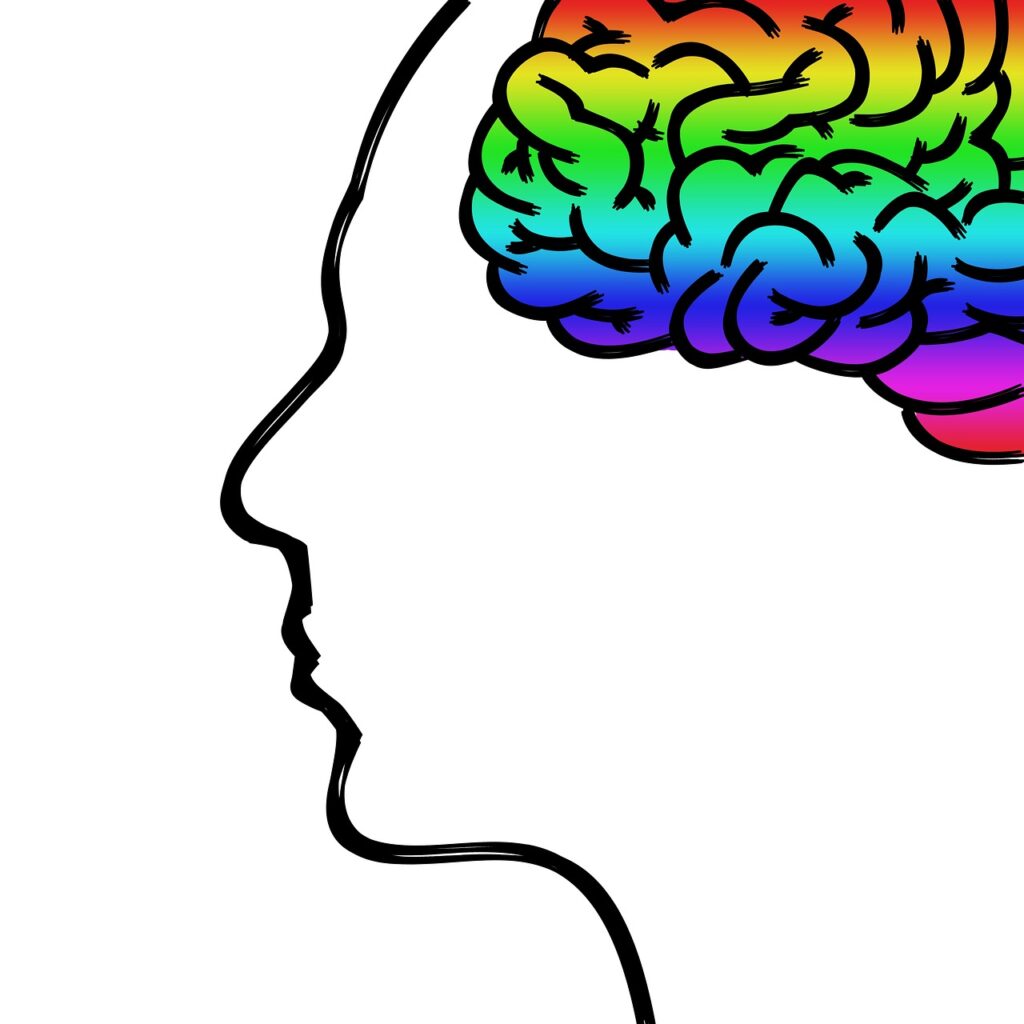If you’ve not seen the impact of cognitive impairment, the concept may seem foreign. Cognitive Impairment can also be called memory impairment. The definition of memory loss is “unusual forgetfulness that may be temporary or get worse over time.”
The NIH distinguishes memory impairment and mild dementia by the evidence of cognitive impairment. When there is obvious and increasing interference with daily life, it is time to seek help from your doctor.
Pay attention when you and/or someone you love has memory loss, increasing paranoia, difficulty concentrating, problem solving and carrying out usual daily tasks, or when following along in conversation is difficult or confusing.
Let’s look at three “places of impact” and consider things you can do to prepare in advance. The three areas are: personally, at home, and work related (business owners and employees).

Image by Gerd Altmann from Pixabay
Personally
What I mean by “personally” is if someone you love has struggled and acts act differently in their day to day life. It can begin slowly (and your loved one may do their best to hide it) to make it hard for you to notice.
From my experience, I admit it isn’t easy watching people I love begin the decline. My first tendency was to go into my head and learn as much as I could from resources about cognitive impairment. What are the signs, the typical progression and what could I do to be helpful is where I started. This was my “go to response” before allowing myself to feel emotion.
Each of us has a “go to response”. Have you ever observed what yours is? i.e. do you think first then feel or feel first then think? It’s helpful to know yours and those who share this loved one in advance, especially when experiencing this with others, as people process things differently (even in your own family 😉).
At Home
Activities of daily living may become increasingly more difficult as cognitive decline advances. Their need for care and support increases as it becomes more challenging to get up, dress, bathe, eat, and use the facilities.
Everyday life changes may necessitate having in-home help and eventually move into a care facility. Financially this is a burden. Plan early and seek out financial resources to help you navigate insurance products and savings strategies to help you.
If you are caring for an older loved one who has not planned in advance, how will you handle it? It’s gut-wrenching to notice the caregiving statistics of late.
Consider that the most recent (2020) statistics reveal that there are over 53 Million family caregivers in the US. Of the 53M caregivers 36% are between the ages 50-64; 22% are between the ages of 18-24; 22% are between the ages of 25-49; 13% are between the ages of 65-74 and 7% are above 75 years old.
FYI, 2023 statistics reveal there are approximately 71 Million Baby Boomers today in the US! That’s a whole lot of Boomers who may need care! 48% of caregivers today in the US are caring for a parent. Adult children face some critical decisions. Heads-up, reach out for assistance before you need it!

Work Related
Let’s look at two sides of work related places of impact. 1) If you need to drop out of the workforce to provide caregiving and 2) If you begin to decline yourself.
If you can avoid learning the hard way, preparing in advance for the impact caregiving on your job, career, earnings, and savings would be wise. If you work for a company, what policies are in place in support of caregivers? What about PTO policies? Family leave policies? Return to work policies?
Someone asked me this week about how to handle a LLC business owner who is beginning to show cognitive decline. I asked if there were partners, if there was a buy-sell agreement and what provisions had been crafted personally. These are a few of the questions to ask in advance.
When the cognitive decline accelerates, it may be too late to legally take action for your business. Any business owner is wise to map out “what if scenarios” considering various business risks. Make sure to include YOU in this risk assessment.

Image by Homegrounds from Pixabay
Ideas
For those currently involved with a loved one in cognitive decline, The Family Caregiver Alliance (https://www.caregiver.org/resource/mild-cognitive-impairment-mci/) is a resource to check out. They list other resources on their site to help.
When you’re ready to plot out what you can plan in advance, contact me to set up a time to meet. Email: Lynn@thelivingplanner.com or if you’d prefer to schedule a Complimentary Discovery Call to discuss your particulars, reach out. My main website is: https://thelivingplanner.com and my online DIY information is located at https://courses.thelivingplanner.com
Thomas Edison said, “The chief function of the body is to carry the brain around”. To brain health❣️Lynn
LifeHacks #CareForPeopleCareForBusiness
